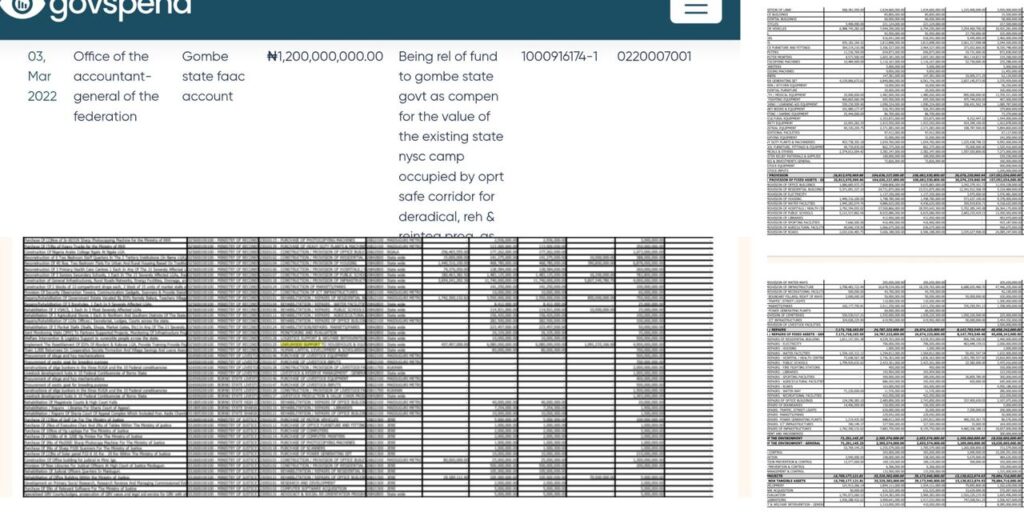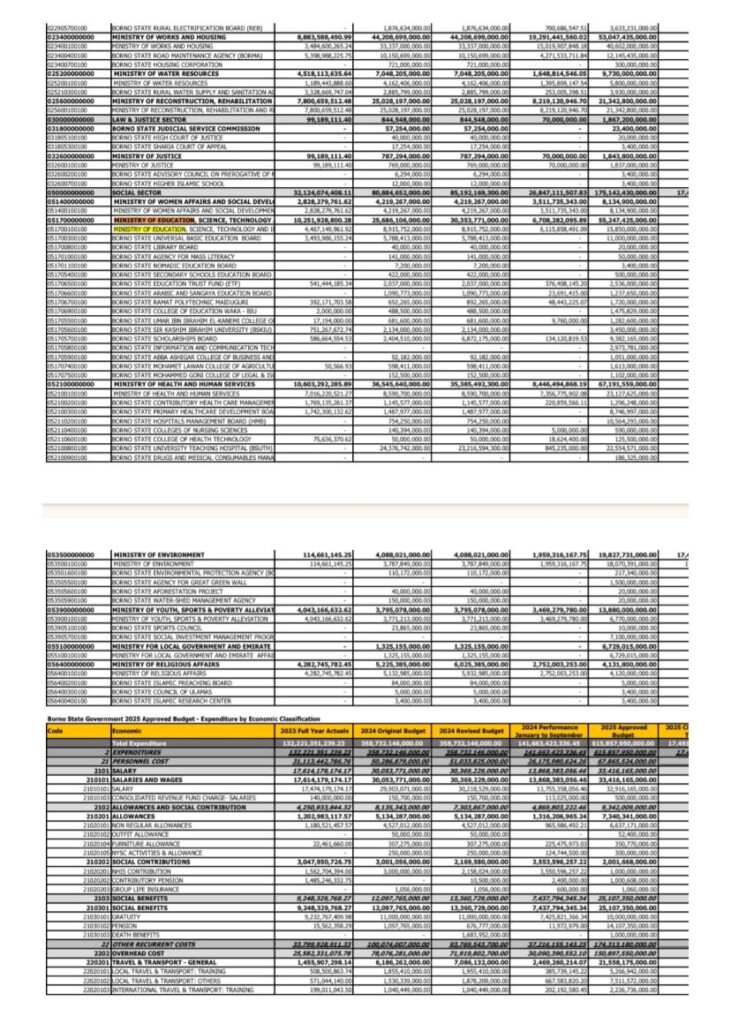
Discontent is brewing within the ranks of the Nigeria Police Force as officers across the country gear up for a potential nationwide protest over the worsening state of their welfare, stagnant salaries, and the contentious police pension scheme.
This comes amid growing outrage over revelations that ‘repentant’ Boko Haram insurgents – individuals responsible for the deaths of thousands and the displacement of millions – are receiving billions of naira under various rehabilitation and reintegration programmes.
Chronicles Reporters can confirm that in Borno State alone, a staggering N7.4 billion has been earmarked as “livelihood support” for former Boko Haram fighters in 2025. This figure comes on the back of N3.4 billion spent on the same initiative between January and September 2024.

Data analysis over the last few years reveals a rising trend: between January and September 2023, the Borno State Ministry of Women Affairs allocated N2.175 billion to the same cause, following an earlier N503 million spent between January and September 2022. In total, a whopping N6.078 billion was disbursed in just 18 months – all targeted at so-called repentant terrorists.
This trend is not isolated to Borno State. In March 2022, records show that N1.2 billion was released to the Gombe State Government as compensation for the NYSC camp taken over under the Operation Safe Corridor – a federal rehabilitation programme for former insurgents.
Further reports uncovered by Chronicles Reporters show that from December 2022 to May 2024, the Federal Government also spent N1.4 billion on the rehabilitation of Boko Haram members.
Meanwhile, within the Nigeria Police Force, frustration is reaching boiling point. Multiple sources confirm that not a single command or department has received their statutory quarterly allocations six months into 2025 – a development described by senior officers as “unprecedented in the history of the Force.”
Top-ranking officers lament a system now reliant on “begging” state governors for funds or engaging in corrupt practices to keep commands running. “There is no operational independence. Corruption is now the lifeline. We are starving, the institution is gasping,” a senior officer who spoke under anonymity told Chronicles Reporters.
The alleged refusal of the Inspector-General of Police, Kayode Egbetokun, to address these concerns has triggered further unrest. His decision to clamp down on officers reportedly involved in planning the protest – rather than open dialogue – has drawn criticism from within and outside the Force.
Even more controversial is the allegation that Egbetokun has overstayed his tenure, raising questions about the legality and integrity of his continued stay in office.
Amid these tensions, retired and serving officers alike are expressing fear over their future. Allegations of large-scale mismanagement and lack of transparency in the police pension administration have added fuel to the fire, with many officers now questioning what awaits them after decades of service.
“It’s disheartening,” another officer said. “The same government that leaves us unpaid, unsupported, and unprotected is spending billions rehabilitating terrorists. We risk our lives daily. Who is really being rewarded in this country?”
While the government insists it is committed to fighting insecurity, the glaring contradiction in its policies – starving the police while empowering insurgents – has only widened the trust deficit between the state and its security personnel.
At the time of filing this report, there are strong indications that the protest plans are still alive, despite threats of punishment. The question on the lips of many remains: How did Nigeria arrive at a point where the guardians of law and order are treated as expendable, while those who once brought the nation to its knees now receive state-sponsored redemption?